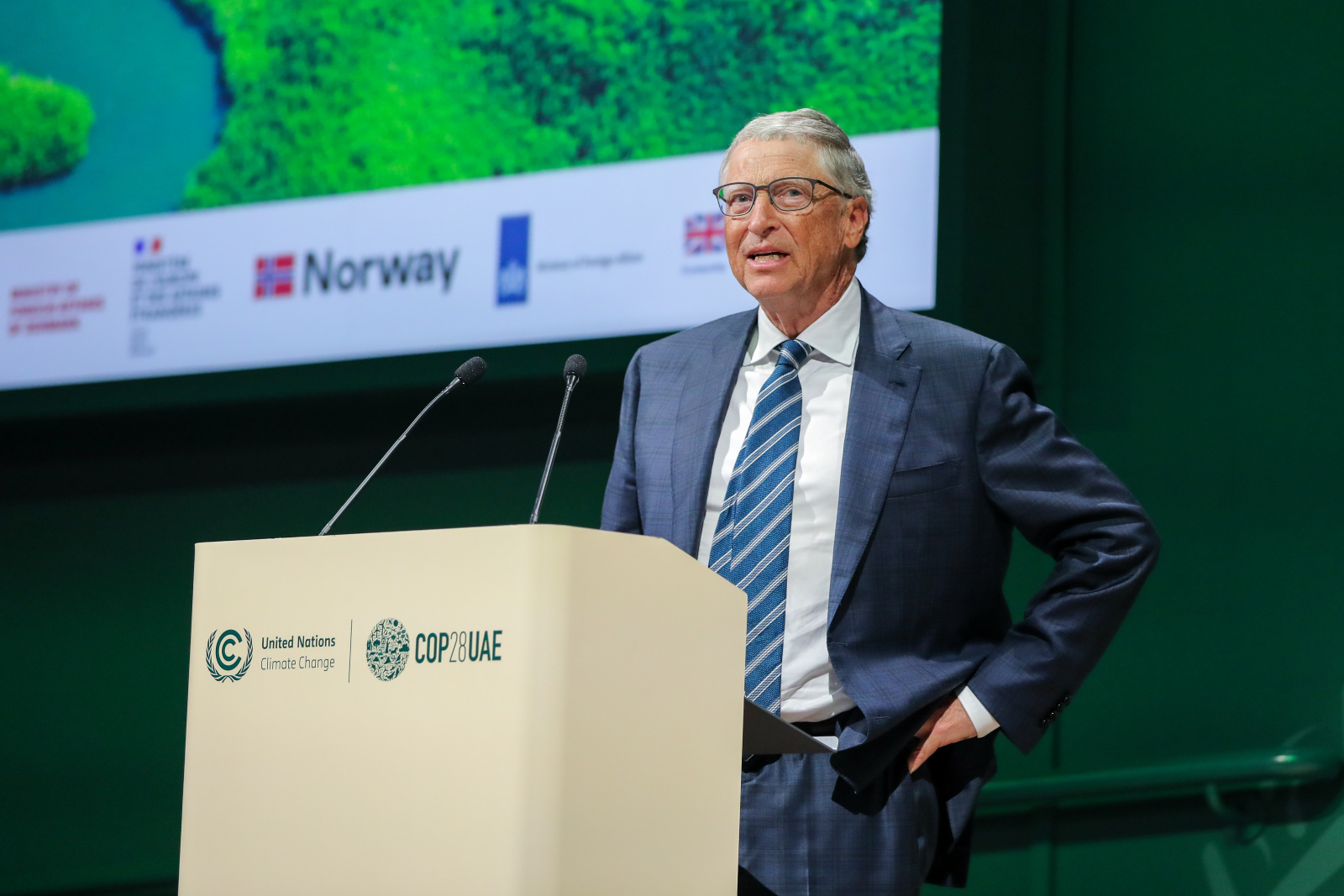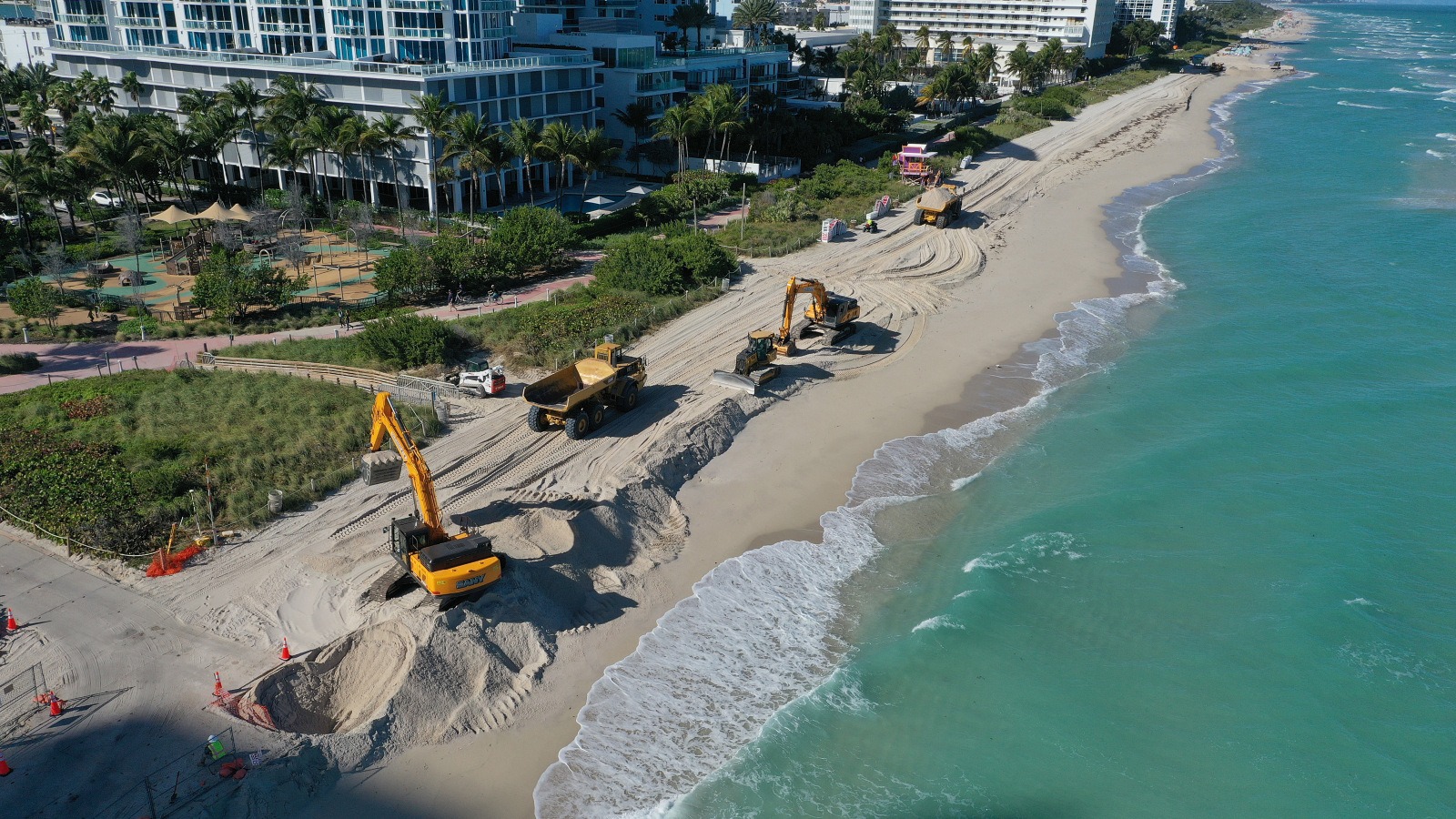Last May, as blistering-hot weather broke records across South Florida and smoke from distant wildfires in Mexico turned the sky hazy, Ron DeSantis, Florida’s Republican governor, signed legislation erasing most mentions of “climate change” from state law. “We’re restoring sanity in our approach to energy and rejecting the agenda of the radical green zealots,” he wrote on X.
Back then, it felt like just another Florida story, a fresh example of the culture war overriding reality. In hindsight, it was a preview of where the country was headed.
Secure · Tax deductible · Takes 45 Seconds
Secure · Tax deductible · Takes 45 Seconds
President Donald Trump’s second term has plunged the United States into “don’t say climate” politics. Even as horrific floods and fires unfolded around the country this year, Republicans in Congress reversed the country’s only climate plan. The administration has deleted “climate change” from hundreds of government webpages and dismissed facts about the warming planet as “brainless fear-mongering rhetoric.” Rather than pushing back, Democrats have been talking about climate change less since the 2024 election, emphasizing “cheap energy” instead.
Even if talking about climate change is politically radioactive, adapting to its effects is no longer optional. Florida tops some lists for the state most at risk from climate change, facing a combination of heat, drought, fires, flooding, and hurricanes. Miami Beach and towns in the Florida Keys have been raising their roads as the sea begins to rise. DeSantis has committed more than $1 billion to Resilient Florida, a grant program that helps local governments address some of these problems.
You don’t necessarily have to mention climate change to start adapting to it — a phenomenon now seen all over the country. PG&E is burying its power lines underground to avoid sparking fires in California’s drying forests, in the name of “wildfire safety.” After Hurricane Harvey flooded Houston, the county began buying homes that have been repeatedly inundated and relocating residents, turning their former homes into open space to absorb floodwaters.
“There’s been a radical increase in how many people are realizing that whether it’s flooding, drought, fire, air quality impacts from fire — take your example — the disasters have been getting out ahead of us,” said Katharine Mach, a professor of environmental science and policy at the University of Miami.
The Washington Post / Getty Images
Since at least the 1980s, the public discussion over climate change has revolved around trying to get the world’s carbon emissions under control. But as time has worn on and emissions have continued to rise, it’s become much more about living with the effects of an overheating planet. A United Nations report last week found the world will soon overshoot its goal to limit global temperature rise to 1.5 degrees Celsius (2.7 degrees Fahrenheit), with current policies likely to lead to 2.8 degrees C (5 degrees F) of warming by the end of the century. That’s a slight improvement from previous estimates, but still translates to an unrecognizable planet.
“We have unleashed a world where many climate impacts are now locked in,” said Rachel Cleetus, senior policy director for climate and energy at the Union of Concerned Scientists. “Because we did not act quickly enough, it’s not just about mitigation anymore. We have to adapt.”
Bill Gates, who’s long funded efforts to switch to clean energy, recently wrote an essay arguing that climate advocates have spent too much time and effort on reducing emissions, and not enough on programs that help people stay resilient in the face of increasingly dangerous weather.
“Unfortunately, the doomsday outlook is causing much of the climate community to focus too much on near-term emissions goals, and it’s diverting resources from the most effective things we should be doing to improve life in a warming world,” Gates wrote.
The question of how to fund efforts for low-income countries to adjust to this new, unpredictable environment has become a central concern for this year’s global climate talks in Belém, Brazil, starting on November 10. “It’s a responsibility that richer nations, major emitting nations, have been shirking for the longest time,” Cleetus said. Another recent U.N. report found that developing countries will need at least $310 billion a year over the next 10 years to prepare for the effects of climate change. In 2023, richer countries only provided $26 billion.
Meanwhile, the Trump administration has eviscerated foreign aid, stripping away development funding for poorer countries while undermining its own ability to respond to disasters at home. Cuts to the National Oceanic and Atmospheric Administration have hindered forecasters’ ability to predict what’s coming, at the same time as the diminished Federal Emergency Management Agency has forced local governments to fend for themselves. The U.S. isn’t sending any high-level delegates to the talks in Belém, marking the first time the country will go unrepresented at the annual U.N. climate conference.
“I’ve never seen an administration be so deliberately undermining a country’s capability to be prepared and to deal with challenges like this,” said Susanne Moser, a social scientist who’s considered one of the leading experts on climate adaptation.

Christopher Edralin / COP28 via Getty Images
Billionaires like Gates are stepping into the gap. MacKenzie Scott, another influential philanthropist, recently donated $60 million to the Center for Disaster Philanthropy to help with disaster preparedness and recovery.
Experts said the new focus on adapting to a changing climate was necessary, but they said that Gates — like many before him — needlessly pitted the need to adapt against the need to cut emissions when both things can happen at the same time.
“Adaptation can actually not succeed, ultimately, if climate change goes unchecked,” Moser said. Today, the world has seen about 1.3 degrees C (2.3 F) of additional warming since before industrial times, but as Gates notes, it could reach 3 degrees C (5.4 F) by the end of the century.
“A 3-degree world is not a world in which adaptation can provide well-being and health,” Moser said. “It’s just simply, people are living in ruins and are trying to basically survive.”
There’s an entrenched idea among environmentalists that discussions over how to adapt to climate change distract from the core mission of cutting planet-warming emissions, what’s known as mitigation. It’s sometimes perceived as a form of giving up. But studies have repeatedly shown that talking about adaptation doesn’t necessarily reduce public support for mitigation efforts. If anything, the challenges of adapting — the high price tag of raising roads in low-lying coastal areas, or the difficulties of relocating communities out of danger zones — highlight the need for reducing emissions. “Once you begin adaptation and you see how difficult it is, mitigation looks like a cakewalk,” Moser said.
If Florida is any indication, the two might go hand in hand. Yoca Arditi-Rocha, CEO of The CLEO Institute, a climate education nonprofit in Florida, says that the state has made a lot of progress that doesn’t often get discussed. In fact, it’s one of the largest markets for electric vehicles in the country, and also right near the top for installations of utility-scale solar and rooftop solar.
Arditi-Rocha hopes Florida can show the rest of the country that climate action can still move forward, even if the term itself remains politically off-limits. Getting specific helps, she said: Talking about how towns need more trees for shade, or how they need to be prepared for hurricanes and heat waves, is simply practical. Then again, so is reducing carbon emissions.
“We have to shut down the overflowing bathtub,” Arditi-Rocha said. “We cannot be mopping the floor forever.”
Source link
Kate Yoder grist.org

